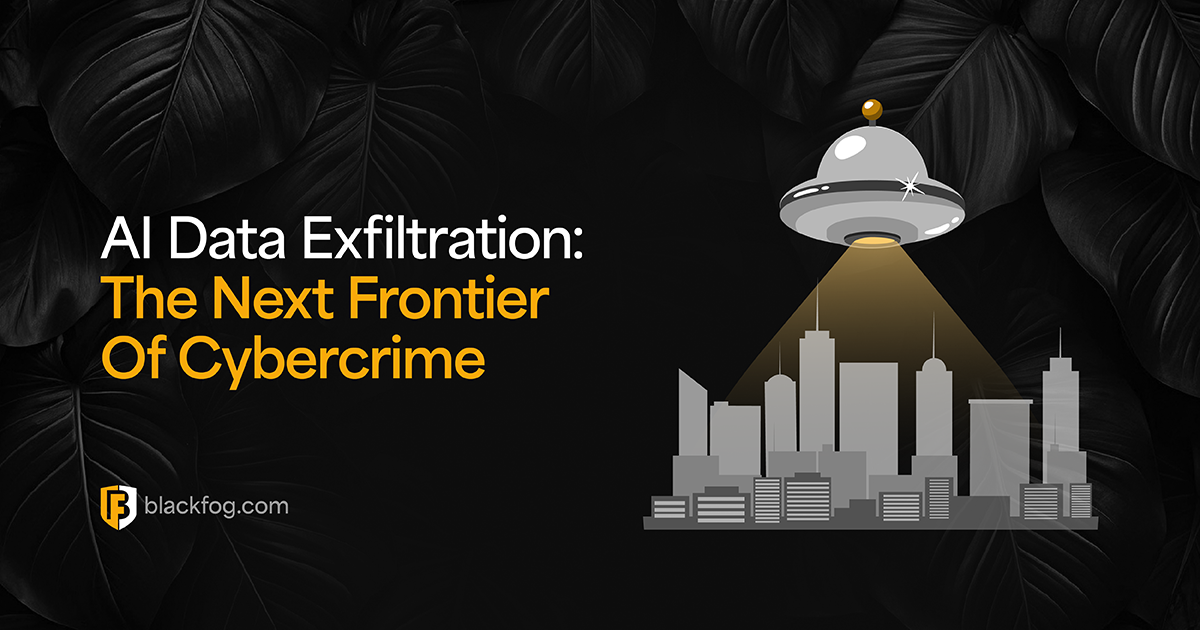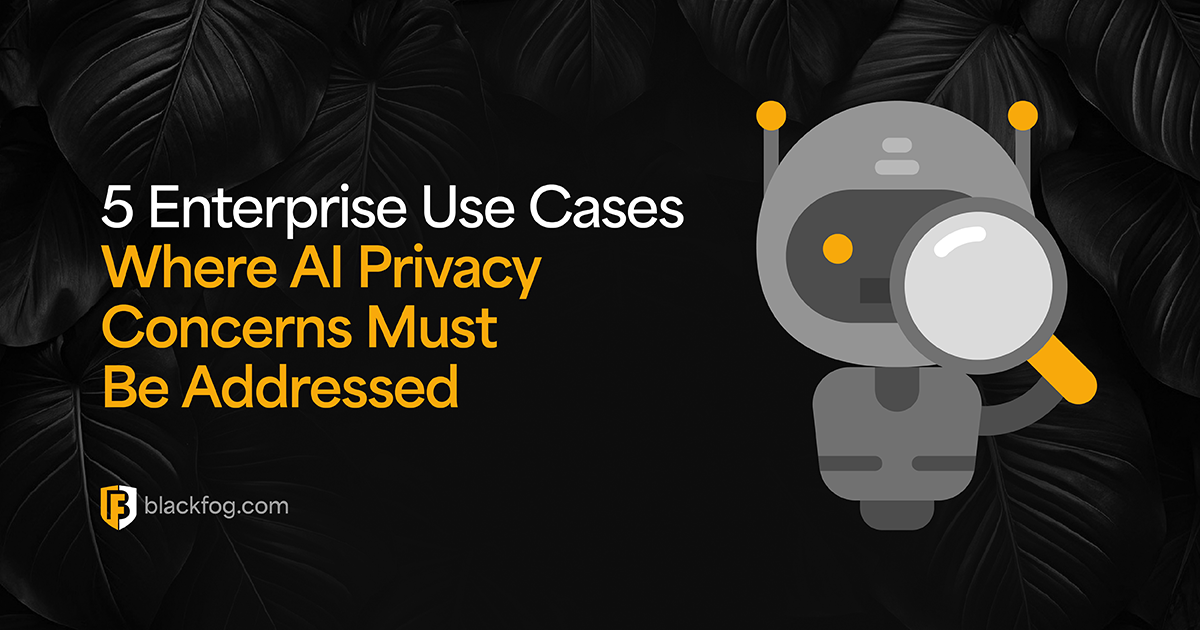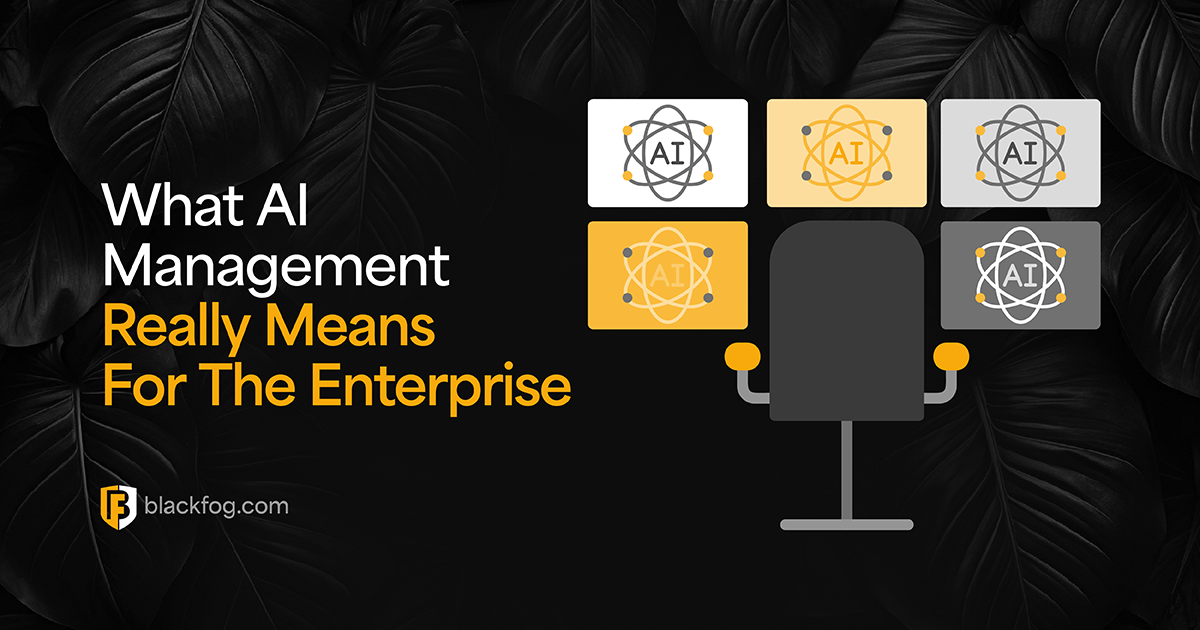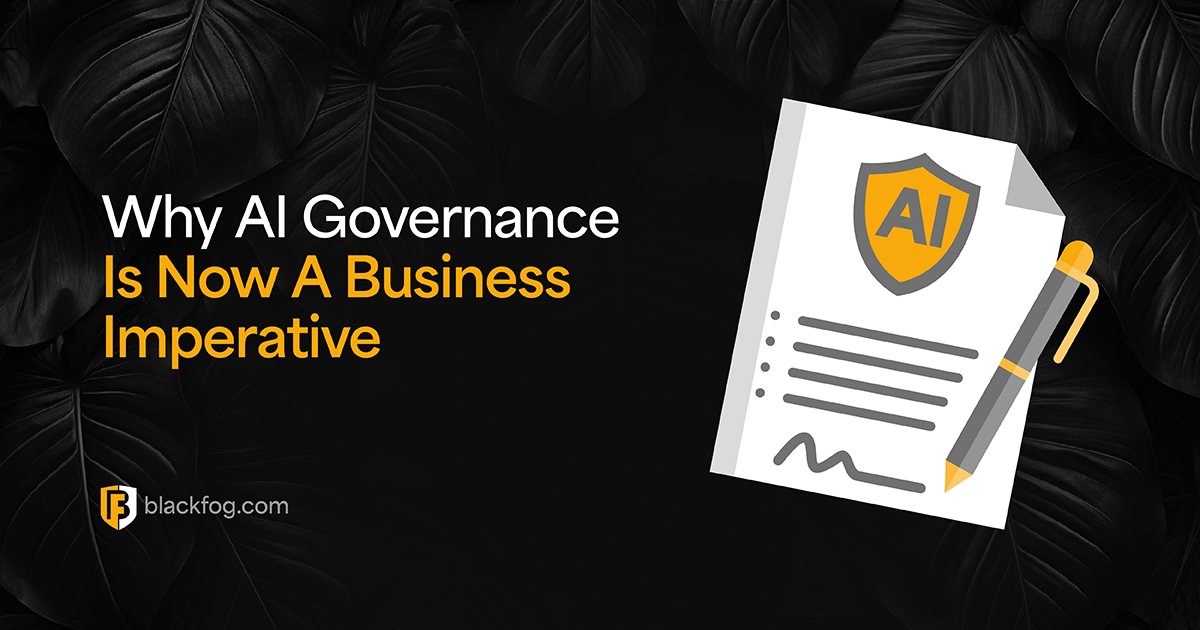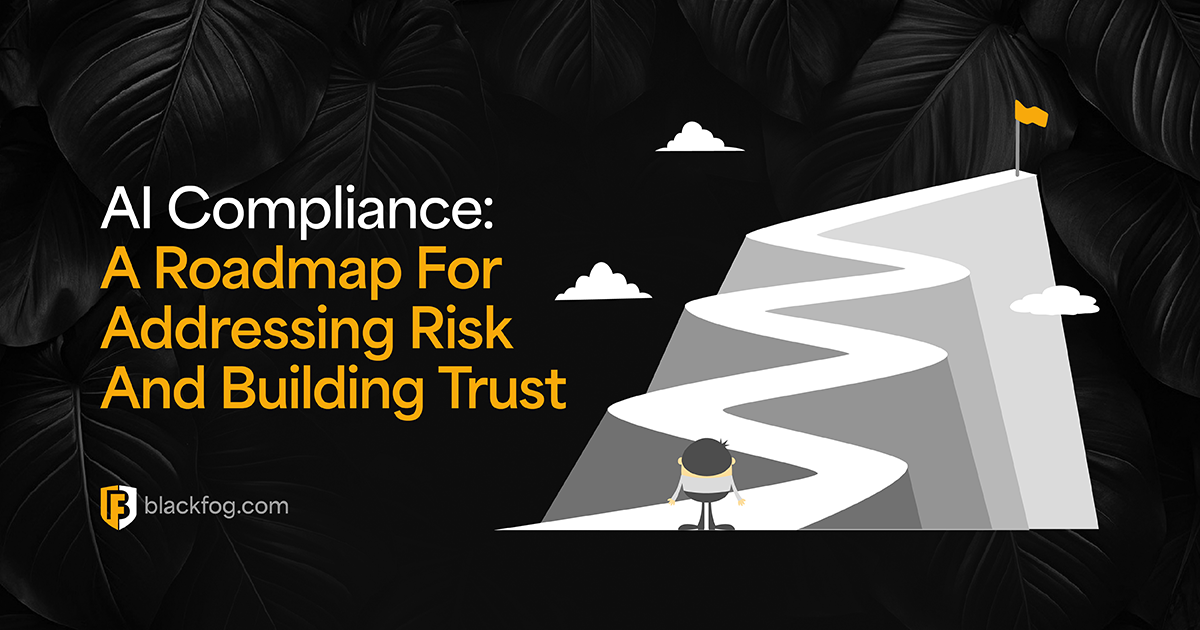
The Future of Privacy
The introduction of GDPR in Europe in 2018 means that many organizations globally have already adapted their policies to comply with privacy regulations, but the start of a new decade brings even more change to the regulatory landscape as California becomes the first state in the United States to introduce a privacy act. The California Consumer Privacy Act (CCPA) which came into effect on January 1st will undoubtably help shape the future of privacy regulations in North America.
In this blog we’ll look at the key parts of this legislation and what it means for business.
The essentials of the California Privacy Act
The California Consumer Privacy Act (CCPA) is legislation that passed into law on June 28th, 2018. It is intended to enhance privacy rights and data protection for consumers by legislating how organizations can store and use private data. Major data breaches such as those at Facebook and Google have put data privacy into the spotlight for consumers so this is a welcome addition to the data protection landscape.
The CCPA applies if you are an entity that does business in the state of California and you collect personal information in addition to meeting at least one of the following criteria:
- Have annual gross revenues in excess of $25 million
- Possess the personal information of 50,000 or more consumers, households, or devices
- Earn more than half of its annual revenue from selling consumers’ personal information
At first glance many small businesses may assume the CCPA may not apply to them as they are unlikely to meet the $25 million revenue criteria. But possessing the personal information for 50,000 or more consumers, households or devices is likely to encumber many organizations. Take for example an enterprise software company; it doesn’t take much to exceed 50,000 devices. Organizations need to pay careful attention to this criterion and ensure they are in compliance with this regulation.
How do you become compliant?
If you are a company that has taken steps to comply with GDPR regulations, you will likely find that you are already in compliance with most of the requirements for this new legislation. Below is a summary of what is required.
- Include a “Do Not Sell My Personal Information” link on your home page. Or if you dont sell this information make this very clear by updating your privacy policy.
- Ensure you have a mechanism in place to allow users to request access to any information you may collect about them and the ability to delete this data if requested. A good example can be found on our own privacy policy.
- Ensure you have an established method of consent before selling personal data and make sure users have to opt-in to this requirement.
What are the penalties?
Fines will be levied for businesses that are not in compliance with this new regulation. You will first be notified by the appropriate body and have 30 days to comply. If you do not comply within this time frame a civil case can be initiated against the company and will carry a fine of $7,500 per incident.
The fine will be levied against each customer you have breached the rights of. If you have breached the rights of 100 customers, then your fine will be $750,000 dollars. Companies must take this new regulation very seriously as fines of this size have the potential to close many businesses.
Share This Story, Choose Your Platform!
Related Posts
AI Data Exfiltration: The Next Frontier Of Cybercrime
How are cybercriminals using AI data exfiltration to enhance their ransomware attacks and what must businesses do to counter these threats?
5 Enterprise Use Cases Where AI Privacy Concerns Must Be Addressed
AI privacy concerns are rising with AI adoption - five use cases highlight the key issues businesses must consider.
What AI Management Really Means For The Enterprise
Ongoing AI management is essential in maintaining compliance in a challenging environment. Here's what businesses need to consider.
AI Security Risks Every Business Must Know About
AI Security Risks are growing as AI embeds in business. What key threats must firms address to stay compliant with data regulations?
Who’s Really In Charge? Why AI Governance Is Now A Business Imperative
Find out why a strong AI governance program will be essential if enterprises are to make the best use of the highly in-demand technology.
AI Compliance: A Roadmap For Addressing Risk And Building Trust
AI compliance is set to be a major focus for businesses in the coming year. Here's what you need to know to make this as easy as possible.

